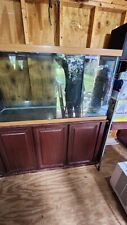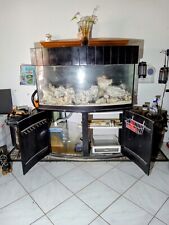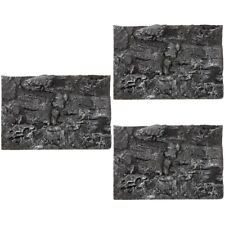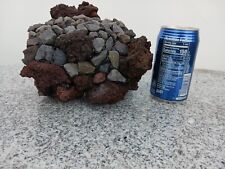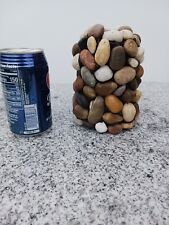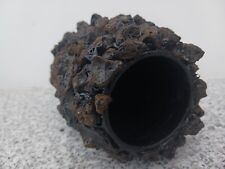Caring for the Pregnant Mare

In this article you will find information on mare care while she is in foal as well as links to articles, charts, and information related to pregnancy and foaling. To return here just click on your browser’s back button.
We generally have one or two mares in foal each year. The mares are usually kept together during the first 1/2 of their pregnancies. As the foal begins to get larger, we separate the mares into individual paddocks for their own safety and the safety of the foal.
In our experience the mares get more withdrawn as the pregnancy advances, more likely to kick the others, and therefore, more likely to be kicked. Additionally, separation allows us to better target feeding programs to each mare’s individual needs.
Feed and Water
All horses need access to clean, fresh water at all times. The only time a horse should not be allowed to drink freely is if it is overheated due to exercise or some other circumstance. The average horse drinks about 10 -15 gallons of water a day. Ponies will drink less, hot weather and feed affect the amount of water needed also. Algae, dead bugs or rodents, dirt, feed in the water can all affect the quality and palatability.
Dirty water can lead to colic and other problems. Scrub buckets and troughs with bleach water as needed – be sure to rinse completely. Also, there is evidence that opposum droppings in the water can lead to serious disease. Clean your water buckets and troughs regularly with soapy bleach water and rinse thoroughly.
Mares that are heavy with foal need smaller, more frequent meals than horses that are not. This is due to the fact that they have less room in their abdomens for feed. The way we feed our horses today is not a natural way for horses to eat.
Giving them one or two meals each day that can be consumed in an hour or so is not natural. A horse is designed to eat a generally poor quality, high fiber diet which takes them many hours to consume. They eat for long periods throughout the day, taking breaks to rest, drink, roll, and socialize. So, what should the pregnant mare eat?
It is better for horses, and especially pregnant mares to receive free choice, good quality grass hay or pasture with vitamin/mineral supplements rather than expensive concentrated feeds once or twice a day. Add a leaf of alfalfa (uncrimped to avoid possible Blister Beetle contamination).
Hay and grain should always be fed by weight, not by volume. Weigh your leaves of hay to see exactly what your horse is getting. There is so much information on this subject that it is impossible to give all the details here.
Some Guidelines are as follows:
- Free Choice, Quality Grass Hay
- Alfalfa – Limited Quantity
- Grain
- Salt
- Vitamin-Mineral Supplement
- Regular Worming
- Vaccinations
- Vet Checks
Keep in mind that recommendations are general and subject to change due to new research findings. A diet of free choice, quality grass hay (fiber, protein, & phosphorus), supplemented with small amounts of alfalfa hay (calcium), a vitamin/mineral supplement specially formulated for pregnant mares, and grain products (not more than 12.5% protein). a 900 lb horse should receive grain products according to this formula or as recommended on the feed bag: (900 lb x 0.005 = 4.5 lb of grain per day). An overweight horse should receive less.
These are recommendations, for more accurate analysis have your vet help you determine what your mares dietary needs are. Also, it is wise to have your hay analyzed for nutritional content periodically so you know exactly what your horses are getting.
Your Vet
Choose a vet who is interested in equine reproduction and obstetrics, who is on call all hours, who is experienced, willing to attend the foaling, a well equipped mobile unit, organized, up-to-date in training, AND you must be willing to pay for all of this…believe me, it will not be cheap! But, it will be worth it for the safety of both mare and foal are at stake.
It is a good idea to start saving up for unexpected emergencies as soon as you have your mare bred – you have 11 months. Try to choose your vet well ahead of the foaling date and make her/him the choice for routine care so the vet can get to know your mare and her individual characteristics. Keep your own detailed records of your mares care, problems, feed, etc. so you have good information for the vet if you need to call.
Also, vets are very busy, so be organized and ready for them when you call or when the vet comes to call. Be familiar with terminology, have a first aid kit on hand for your horse, have the horse CAUGHT and in the stall waiting for the vet. Call the vet ahead of the foaling date to remind him/her that the time is drawing near and that you will be calling on them to help. Call the vet when signs of foaling begin to appear…don’t wait until you are in trouble – it may be too late. Most births are trouble free, but you never know. Be safe, not sorry!


